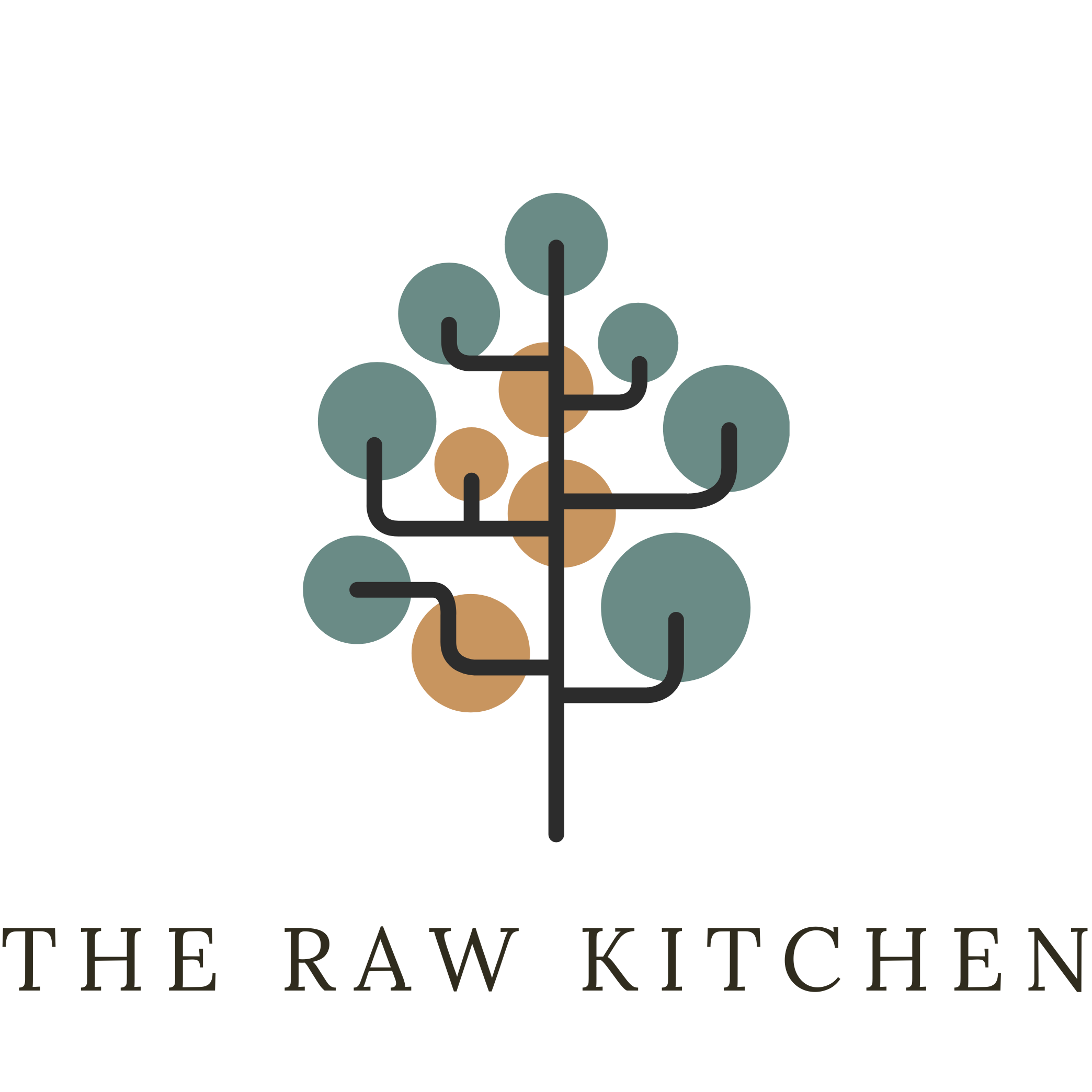
How Can I Improve My Gut Health?
Your gut does far more than just digest food—it plays a central role in immune function, energy levels, mental clarity, and even mood regulation. Known as the “second brain”, the gut communicates directly with the nervous system, making it essential for overall well-being.
By making a few simple dietary and lifestyle adjustments, you can strengthen your gut microbiome, improve digestion, and support long-term health.
Understanding Your Gut Microbiome
Your gut microbiome is a complex ecosystem of bacteria and microorganisms that play a vital role in digestion, immunity, and inflammation control. Keeping this microbiome balanced is key to avoiding digestive issues like bloating, constipation, and IBS, as well as chronic conditions like autoimmune diseases.
✅ A Healthy Microbiome Includes:
✔ A diverse range of beneficial bacteria.
✔ A balance between good and harmful microbes.
✔ A strong gut lining to prevent inflammation and leaky gut.
So, how can you nurture a thriving gut? Let’s start with the foods you eat.
Gut-Healthy Foods to Include in Your Diet
1. Probiotic-Rich Foods (Good Bacteria)
Probiotics introduce beneficial bacteria into your digestive system, supporting gut balance.
✔ Yoghurt: Opt for plain, unsweetened varieties with live cultures.
✔ Fermented Foods: Sauerkraut, kimchi, miso, and kefir are excellent sources of probiotics.
✔ Raw Apple Cider Vinegar: A teaspoon in water before meals aids digestion and supports gut flora.
2. Prebiotic Foods (Feeds Good Bacteria)
Prebiotics act as fuel for probiotics, helping beneficial bacteria thrive.
✔ High-Fibre Vegetables: Asparagus, onions, and garlic.
✔ Fruits: Bananas, apples, and berries support gut bacteria.
✔ Whole Grains: Oats, quinoa, and barley contain fibre that promotes digestion.
3. Anti-Inflammatory Foods
Inflammation in the gut can lead to discomfort, bloating, and digestive issues. These foods help keep it in check:
✔ Fatty Fish: Salmon and mackerel are rich in omega-3s, which reduce gut inflammation.
✔ Ginger and Turmeric: These powerful spices soothe the digestive system.
4. Bone Broth for Gut Repair
Bone broth is rich in collagen and amino acids, which help repair the gut lining, making it especially beneficial for leaky gut syndrome.
🔹 Practical Tip: Try sipping on warm bone broth daily for gut healing and nourishment.
Lifestyle Habits for a Healthier Gut
1. Chew Your Food Thoroughly
Digestion starts in the mouth, and chewing well helps break down food for easier absorption.
✔ Aim for 20-30 chews per bite to reduce bloating and aid digestion.
2. Stay Hydrated
Water keeps food moving through the digestive tract smoothly. Dehydration can lead to constipation and sluggish digestion.
✔ Aim for 2-3 litres per day.
✔ Add a pinch of sea salt to improve electrolyte balance and absorption.
3. Manage Stress Levels
Stress directly affects gut health by disrupting the gut-brain connection.
✔ Deep Breathing & Meditation—Calms the nervous system.
✔ Salah & Reflection—Regular prayer reduces stress and supports a mindful eating practice.
4. Avoid Overeating
Eating large meals can overwhelm digestion, leading to bloating and discomfort.
✔ Opt for smaller, balanced meals spaced throughout the day.
5. Reduce Processed & Irritating Foods
🚫 Limit: Processed foods, artificial sweeteners, and excessive caffeine.
🚫 Avoid: Refined sugars and highly processed carbohydrates, which can feed harmful gut bacteria.
Signs Your Gut Needs Support
Your gut often gives warning signs when it’s out of balance:
⚠ Frequent bloating or gas.
⚠ Constipation or diarrhoea.
⚠ Fatigue or brain fog.
⚠ Food sensitivities or unexplained skin issues.
If you notice persistent symptoms, it may be time to focus on strengthening your gut.
The Role of Testing & Personalised Support
If symptoms continue despite dietary changes, consider gut health testing. A functional medicine practitioner can check for:
✔ Food Intolerances—To identify any trigger foods.
✔ SIBO (Small Intestinal Bacterial Overgrowth)—A condition where bacteria grow in the wrong part of the gut.
✔ Leaky Gut Syndrome—A condition where toxins and undigested particles enter the bloodstream, triggering inflammation.
🛑 Testing can help tailor a gut-healing plan specific to your needs.
Making Gut Health a Lifestyle
Improving your gut health doesn’t happen overnight, but small, consistent changes lead to lasting benefits.
✅ Eat a diverse range of probiotic & prebiotic-rich foods.
✅ Stay hydrated and chew your food well.
✅ Manage stress through prayer, mindfulness, and relaxation.
✅ Listen to your body’s signals and adjust your diet accordingly.
Your gut reflects your overall well-being—when you take care of it, your energy, mood, and health will improve. Start small, stay consistent, and enjoy the journey to better digestion and vitality.



Leave a comment
This site is protected by hCaptcha and the hCaptcha Privacy Policy and Terms of Service apply.